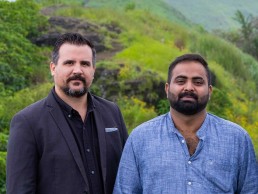
Mark Vowles & Danish Sayed
As Nulty continues its international expansion with the opening of a new studio in Pune, India, arc sits down with Mark Vowles, Managing Director, and Danish Sayed, Technical Design Manager, at Nulty, to talk about the move and what it will mean for the studio as a whole.
How did Nulty Pune come about?
Mark Vowles (MV): Branching out into India was always part of our plan but the idea gained momentum after the launch of our Bangkok studio. Setting up a base in Thailand allowed us to lay the foundations by developing relationships with clients based in Southeast Asia. By gradually and deliberately building up our profile in this way, we were able to widen our network, strengthen our knowledge and look further afield to countries like India. It also meant that by the time we came around to launching the Pune studio, we already had a number of Indian projects under our belt. We started out with a team of five lighting designers and have already ramped this up to nine to meet demand for our services. It’s a positive step as we look to grow the studio’s profile and make the most of the exciting opportunities that an emerging market like India presents.
Why did you choose Pune as the location?
Danish Sayed (DS): Geographically, Pune sits between financial cities such as Mumbai and Bangalore. From a business point of view, it’s home to manufacturing firms, tech companies and a large network of architectural engineering clients. All of this means we’re well-placed to respond to India’s thriving construction industry. Pune is also a university city and has a pool of talent that we can tap into when we’re looking to recruit and develop young designers. Ultimately, it’s a great place to live and has a more laid-back feel to it, which enables us to offer our team the right level of work-life balance.
What benefit will the new studio bring to Nulty as a whole?
MV: It’s always a huge advantage to have a local office, because projects can move pretty fast once they get the go ahead. Having a studio on the ground enables us to respond quickly and adapt to the needs of the market. It’s also significant on a global level, because we’re always looking to push ourselves as a practice and grow as designers. Expansion into India helps us hugely in this respect because the industry is producing some incredible architectural projects, particularly in the commercial workplace, hospitality and retail sectors where we have a lot of experience. There’s a real spirit of innovation from what we’ve seen.
How does it fit within the wider Nulty brand?
DS: With all of our studios we’re focused on how we offer clients localised, one-to-one support, backed up with the wider knowledge and creativity of the Nulty brand. Pune is no different. India is a vast country where every state comes with its own architectural and cultural considerations, so we’re taking the time to learn about the different areas
to gain a better understanding of the country as a whole. Beyond this, the Pune team will work in line with the wider Nulty team to explore how we use light in relation to key issues such as sustainability, wellness and technology.
With a growth plan to expand the studio already in place, are you confident that it will be a success?
MV: It’s always a risk opening up a studio in a new part of the world, which is why we got a feel for the local market and gauged demand for our services before we launched. As a practice, we’re committed to producing inspirational lighting schemes that put people at the heart of the design. It’s clear to us that the Indian market is already on board with this way of thinking, so we feel optimistic that the industry is more than ready for Nulty.
What sort of collaboration will there be between the Pune office and the London, Bangkok and Dubai studios?
MV: Nulty has one global vision, mission and culture. All of our teams are responsive to this and do everything they can to maintain a clear, consistent dialogue between studios. There’s a great synergy between the work we’re doing in the Middle East and Southeast Asia, particularly in the heritage, religious building and public realm sphere. On a more overarching level, we’re constantly sharing ideas on the issues that are important to us as a practice. Our London team is currently working on a handful of highly ambitious schemes with a core focus on carbon neutrality, so we’re sharing insights to help the entire company adopt more sustainable working practices.
What is next both for the Pune office, and for Nulty as a whole?
MV: India is a large and emerging market that we’ve had limited exposure to until now. Our aim is to give the Pune team time to gel, as we use our lighting design experience and brand values to gain a strong foothold in the market. For Nulty globally, we see the next year as a period of consolidation while we give our studios space to mature and the scope to work on exciting, market-leading projects.



